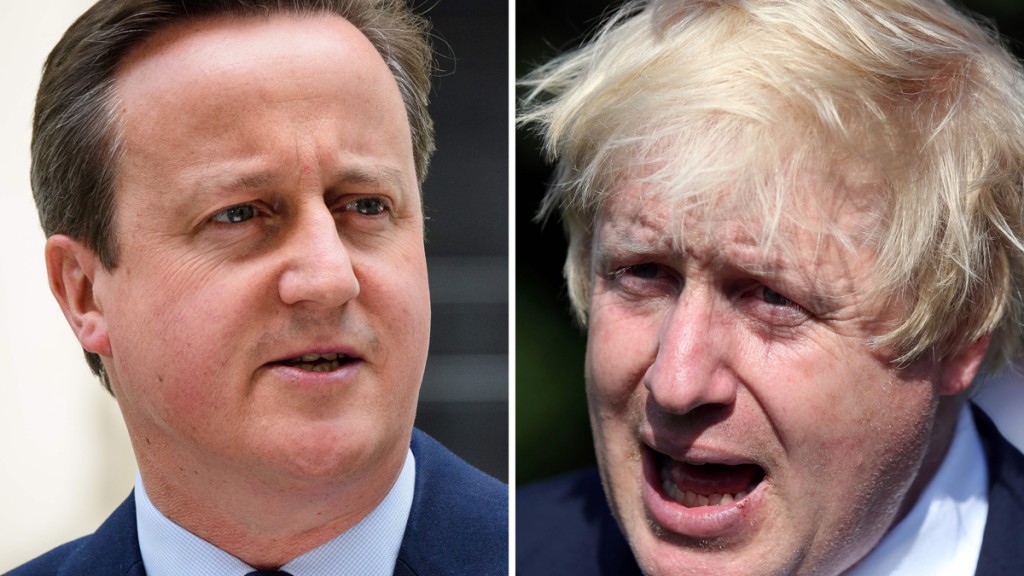
There have been so many strange arguments rolling around this referendum that is has been hard to keep up. But the one that I have found the weirdest of all is that it is perfectly reasonable to vote remain purely on the basis that you don’t much like Nigel Farage, Michael Gove and Boris Johnson.
Take this from Ben Chu (who I usually think is great) in The Independent yesterday. A vote to remain he says is “a ballot against Gove and Johnson’s repulsive politics”. This seems to me to me a total waste of a vote.
The question isn’t do you like the politicians who are promoting leave or remain best. Neither is it do you prefer the political stance of those who are promoting leave or remain best. The question is do you think that over the long term the UK is better off in or out of the EU?
It’s a long-term question not a short-term question, so who is promoting which side should make no difference to an intelligent person capable of using the internet to look up facts. We have no idea who will be the next PM. You can vote out in the perfectly reasonable expectation that the post Brexit PM will be an MP who was voted in.
Cameron may not resign – he says he won’t. And even if he does, why would you think that Boris would end up the next PM? The choosing of a party leader from inside the Conservative party isn’t done on the basis of who might or might not have supported which side in a non-binding advisory referendum.
It is done by securing nominations from sitting MPs (the majority of whom are remainers). If there are more than two nominations, Tory MPs (majority remainers just to remind you…) have a ballot on them. The top two then go to the wider party to be voted on. There is no obvious reason for either of those to be Gove or Johnson.
Johnson would be a lousy PM (there is general agreement among remainers and leavers on this one), Gove doesn’t seem much into the idea, and anyway one assumes that the party will want to attempt to heal the rifts of the last few months with a middle-way leader – one who has been quieter than expected during the referendum campaigns, perhaps (Theresa May being the obvious one here).
It’s also worth noting that it is pretty easy to get rid of an unpopular PM in our incredibly durable democracy: a mere 15% of Conservative MPs would be needed to write a letter of no confidence, and that would be that.
Finally, it is worth noting that the next General Election isn’t that far away (it is on 7 May 2020). So it isn’t long before we all get a chance to vote on a new government anyway. If Boris is PM (can’t see it myself but who knows…) and it isn’t going well, he won’t be PM any more on 8 May 2020.
There are lots of excellent reasons to vote remain (I can’t think of them right now but I know other people can) and lots of excellent reasons to vote leave. None of them have anything to do with which middle-aged male MP you think you think like most or you think has been the most horrid over the last six months. Because whoever he is, he won’t be around for much longer. Really.
Chu responded to me telling him this on Twitter by saying that Leave’s “appalling behaviour” has been “very relevant” in his decision about how to vote. I think he’s massively missing the point.